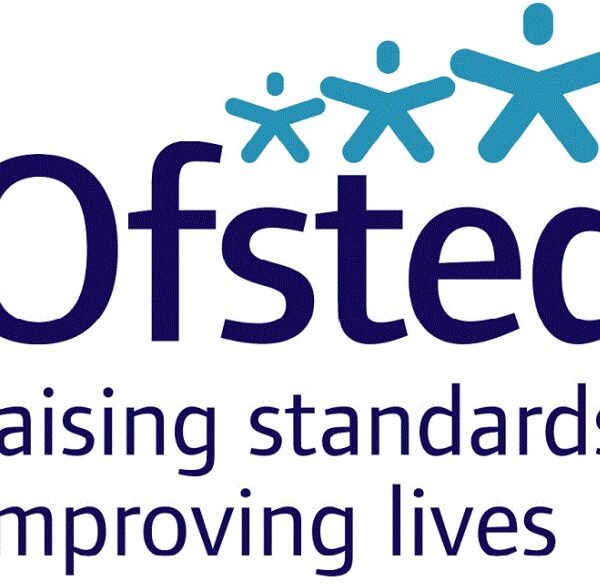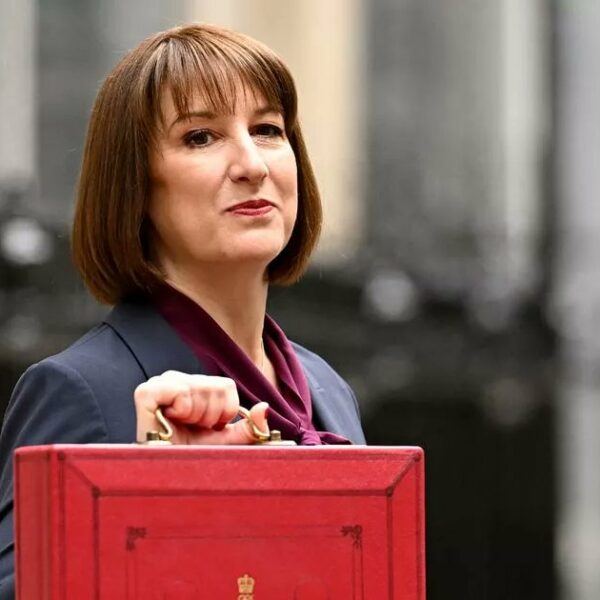When it comes to early years, keeping the children in your establishment safe is critical. That’s why DBS checks exist. They help you make sure the people you’re hiring are safe and suitable to work around children.
But with so many different types of check out there, as well as legal rules, and rescreening requirements to consider, it can all get a bit confusing. Which level of check applies to which role? How often should checks be repeated? And what happens if you get it wrong?
Good news, NDNA’s Corporate Partner uCheck, trusted by more than 2,000 members, is here to help you navigate checks smoothly and hire with confidence.










